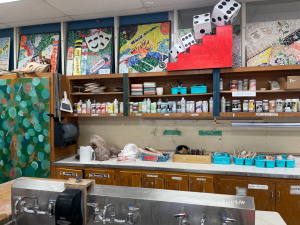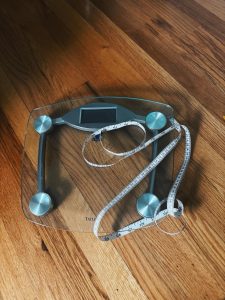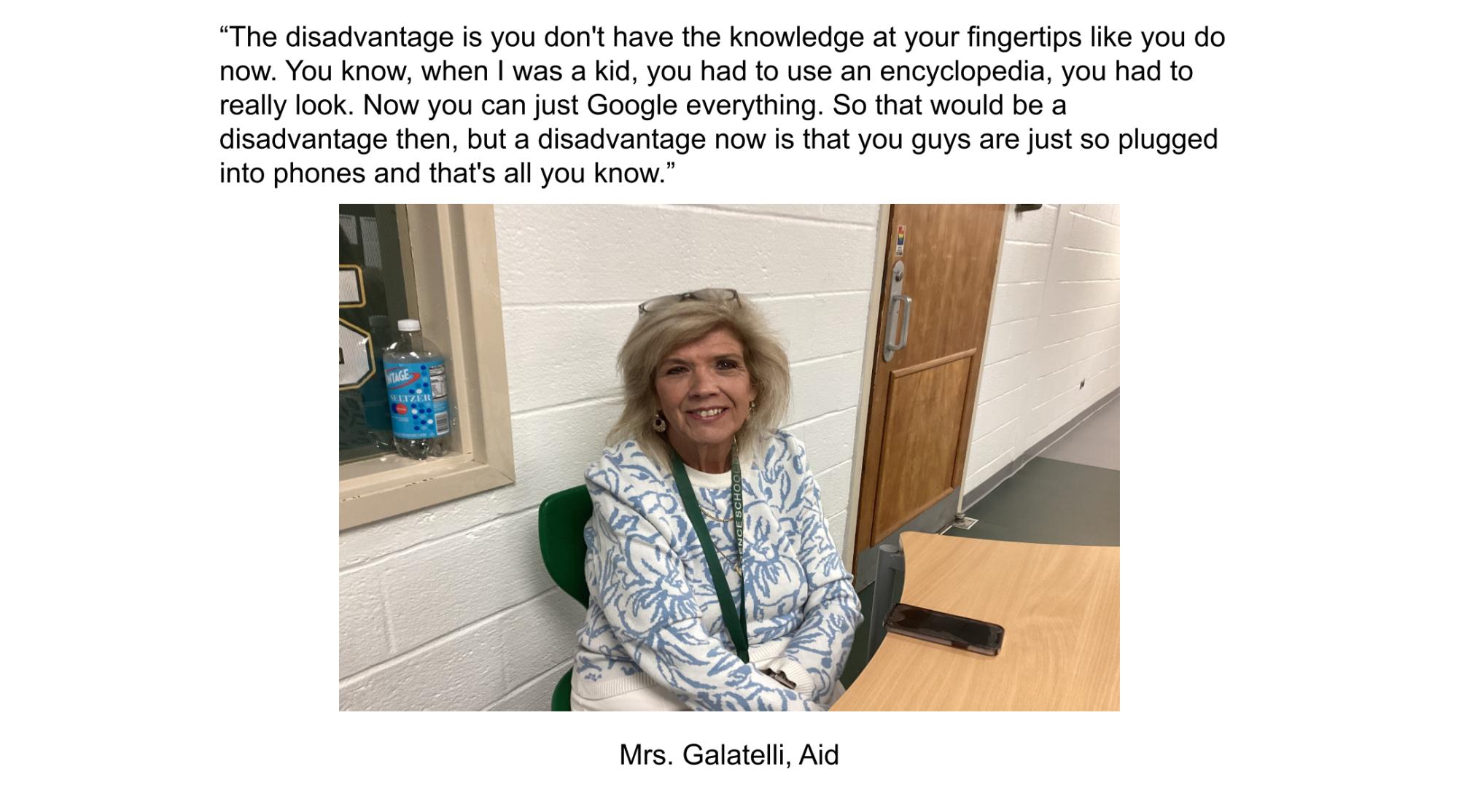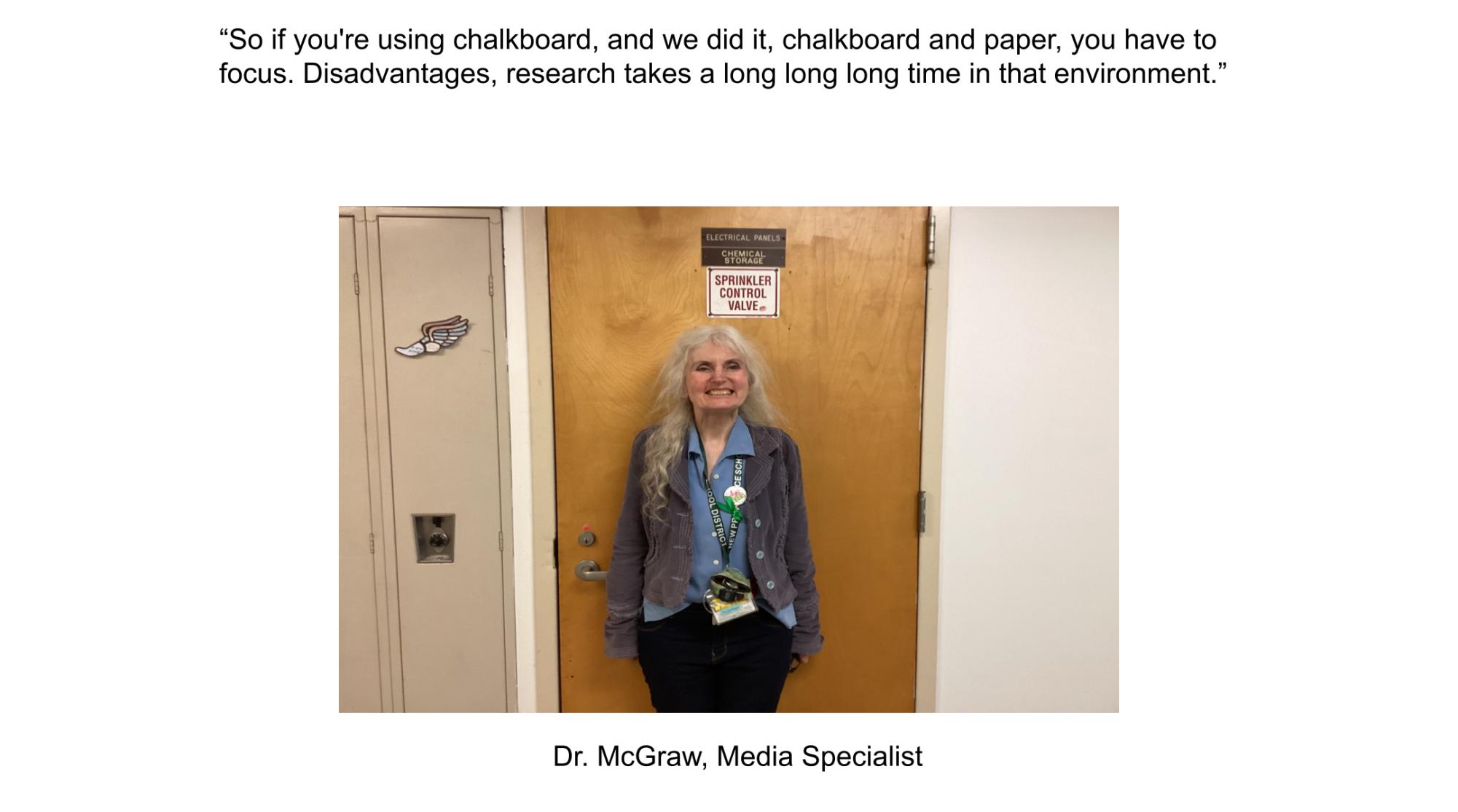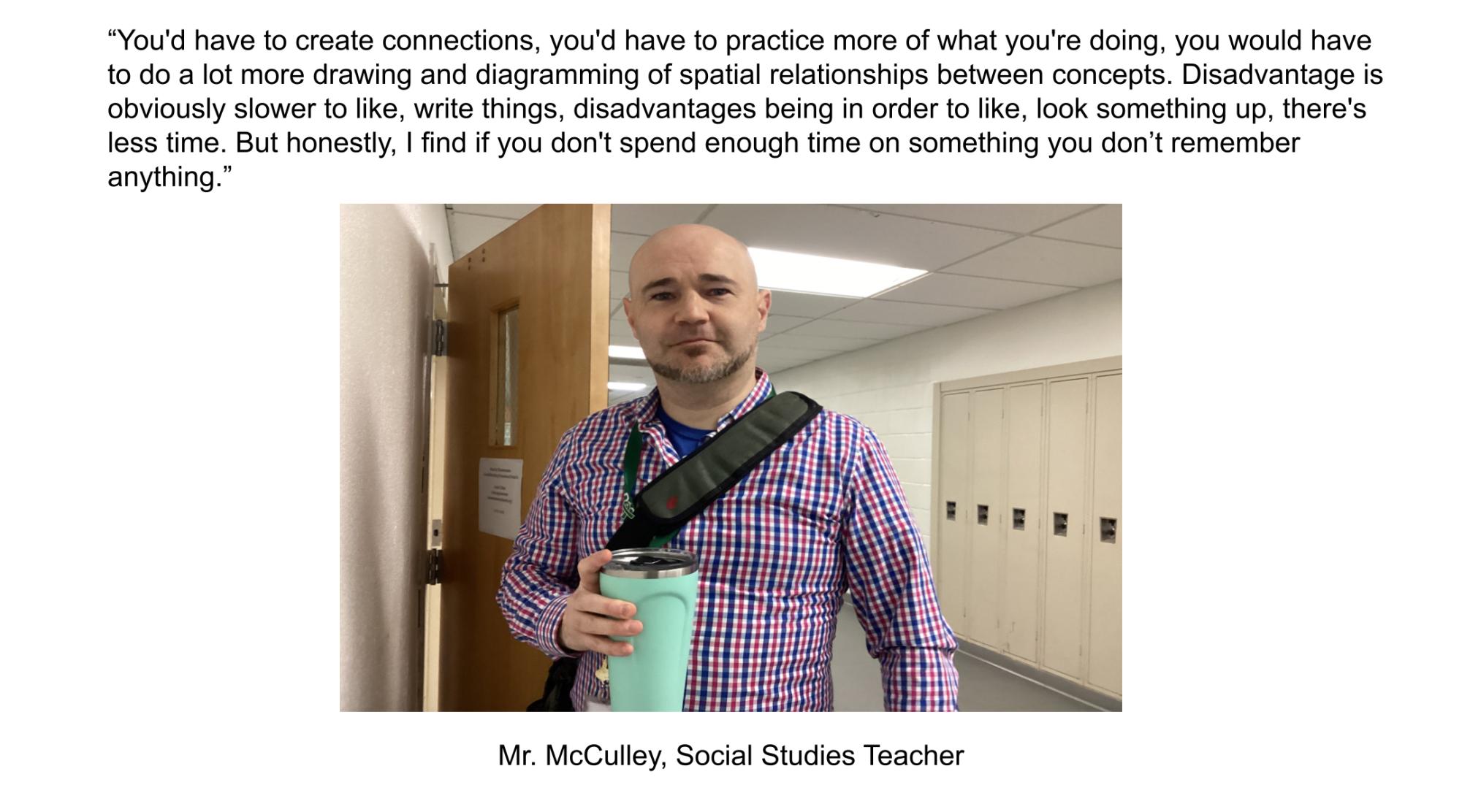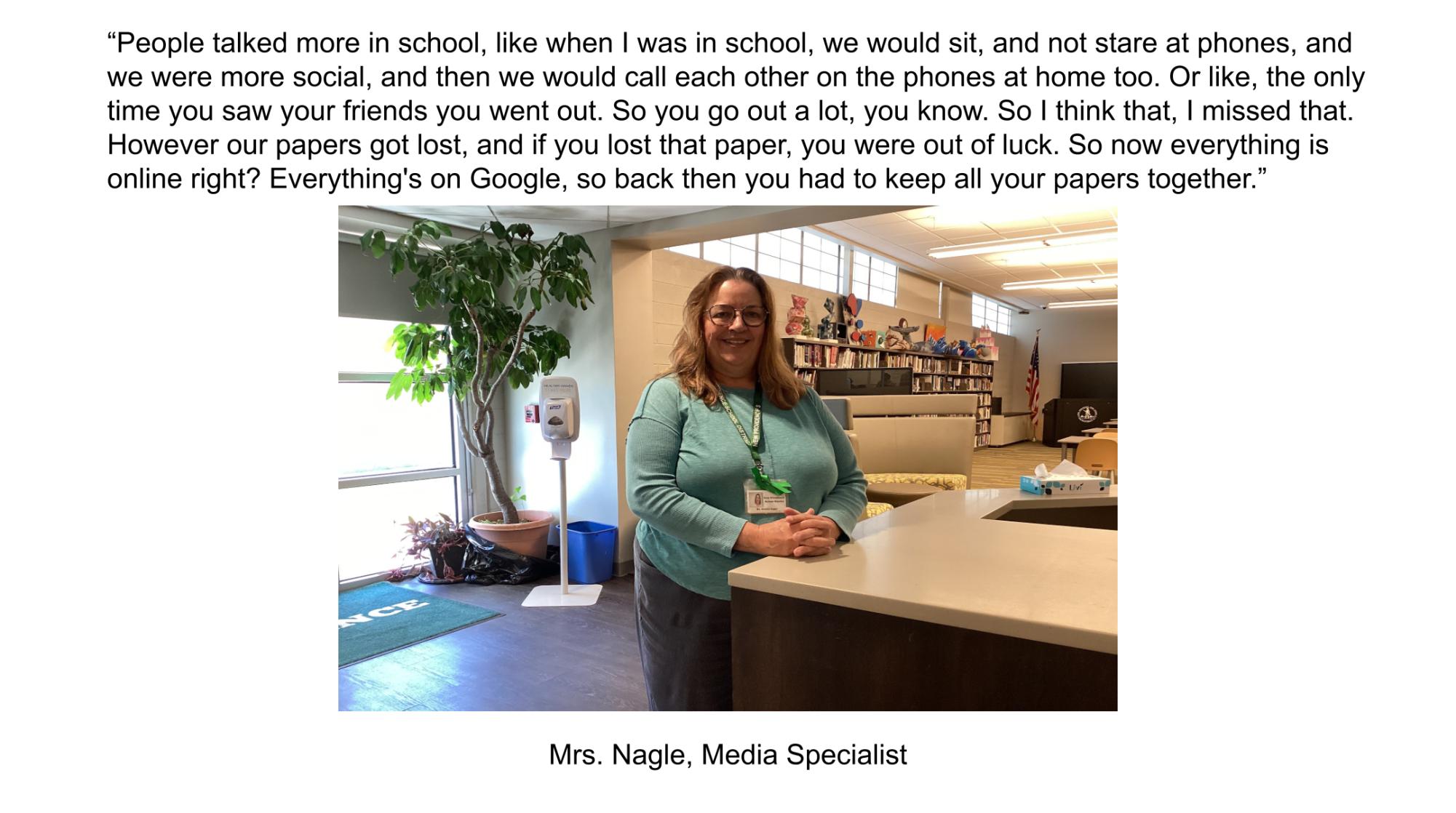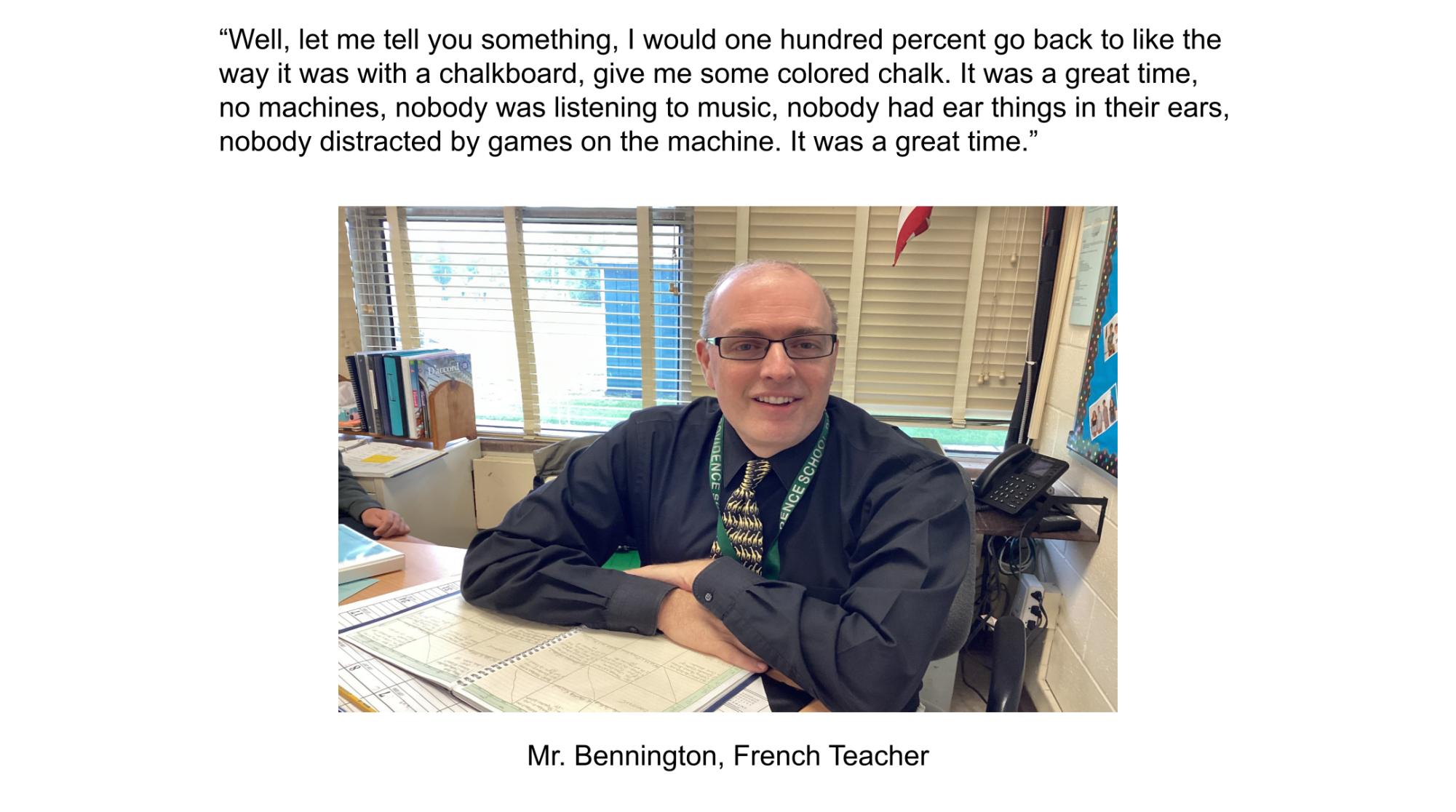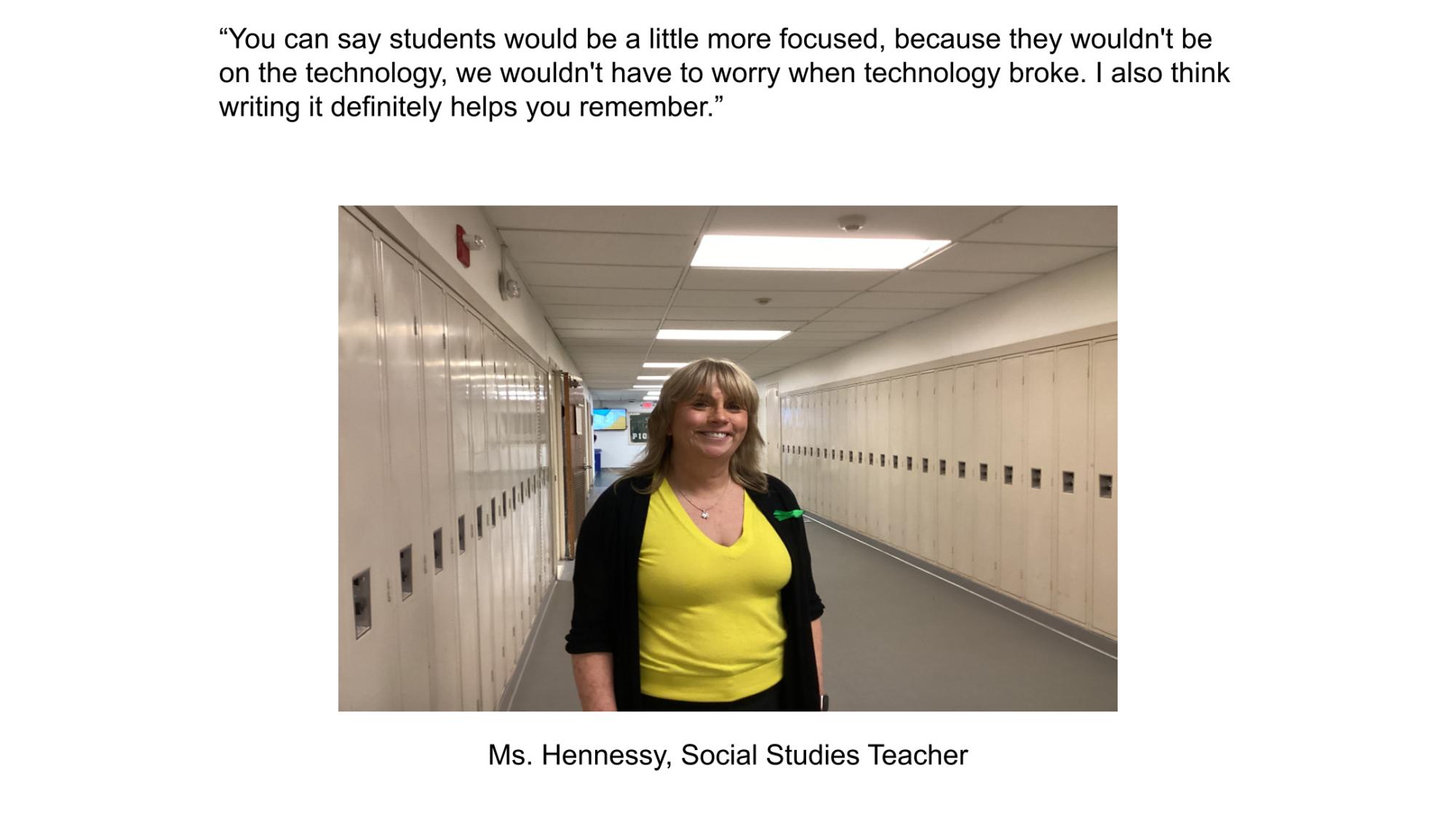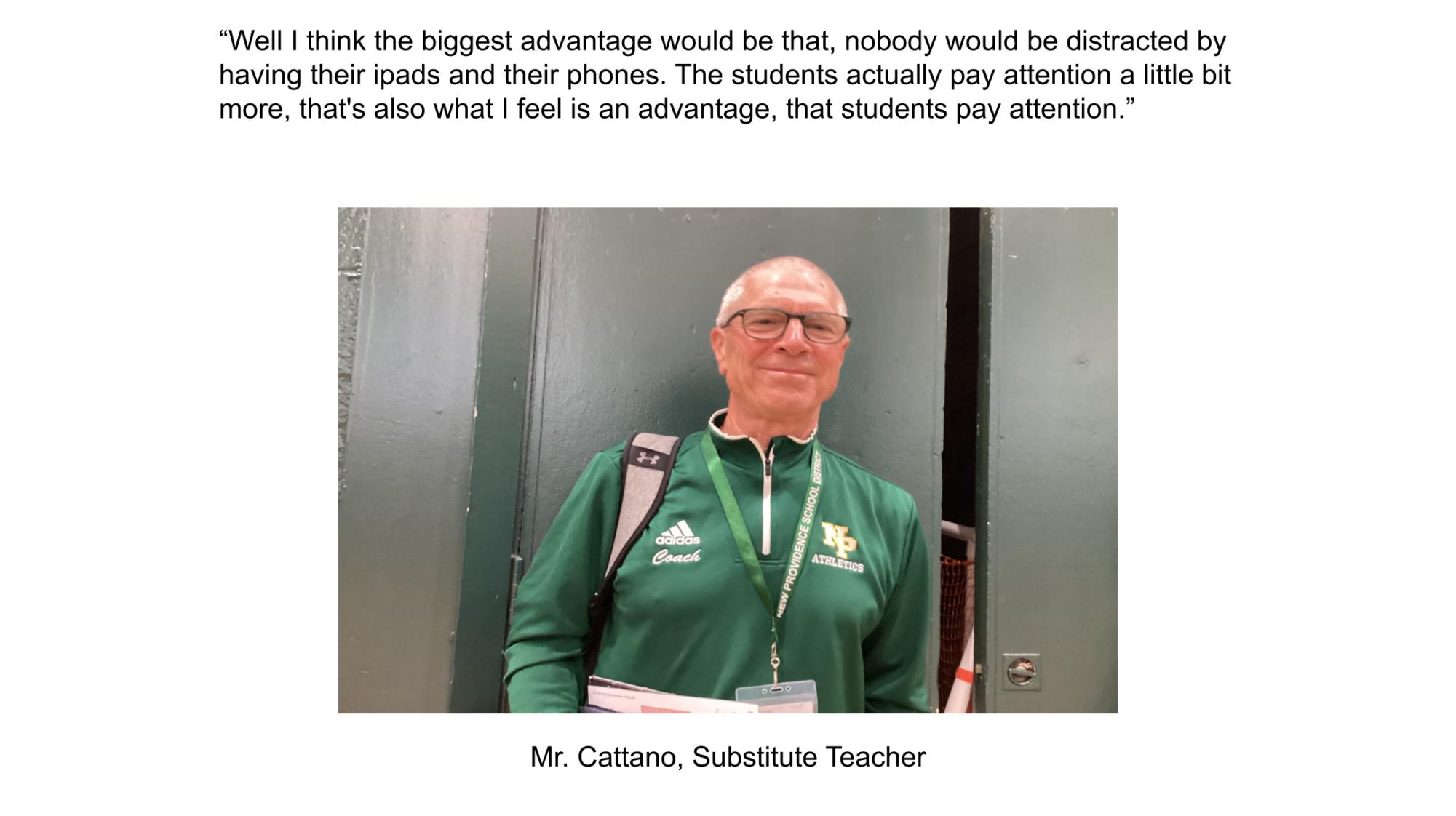Do You Have a Social Media Addiction?
May 2, 2023
The allure of social media is undeniable and almost understandable. It’s a way to connect with friends and family, stay up-to-date on news and events, and share our share thoughts and experiences. However, social media is also a bottomless pit of information and entertainment, designed to keep up scrolling as long as possible.
So, is social media addiction a real thing? Should we be concerned about it? While the majority of social media users, according to Stanford Medicine, do not have an addiction, there is a certain percentage of people that have clearly become addicted to sites and engage in excessive use. Social media addiction is a real phenomenon that affects a number of users. This is evident from many different studies and surveys conducted by experts.
Social media addiction is dangerous for many different reasons. According to AddictionCenter.com, studies have shown that excessive social media use is linked to anxiety, depression, and a plethora of other mental health issues: “While social media platforms have their benefits, using them too frequently can make people feel increasingly unhappy and isolated.”
It is damaging to our social and emotional well-being, interfering with our ability to form and maintain real-life relationships. One of the biggest challenges in addressing social media addiction is that it’s so ingrained in our daily lives. We use it for so many different reasons that it has become a part of who we are.
75% of 11th-grade students surveyed at New Providence High School said that they display one or more signs of social media addiction:
- Do they spend a lot of time thinking about social media or planning to use social media?
- Do they feel urges to use social media more and more?
- Do they use social media to forget about personal problems?
- Do they often try to reduce the use of social media without success?
- Do they become restless or troubled if unable to use social media?
- Do they use social media so much that it has had a negative impact on their job or studies?
While completely abandoning all social media seems almost impossible, we do not need to become slaves to it. There are plenty of ways to use social media in a healthy and productive way, without letting it consume your entire life. By being mindful of our social media habits and taking steps to use it in a healthy and balanced way, we can reclaim control of our online lives and enjoy all the benefits that social media has to offer, without letting it become an issue.
According to the Lee Health Healthy News Blog, a few tips to help unplug to avoid or reduce the use of screens include:
- Use an actual alarm clock instead of your phone
- Turn off your notifications
- Monitor the amount of time you spend on your device with Apps like “Screen Time” and “Digital Wellbeing”
- Stick to one device at a time
- Try not to revert to your phone in awkward social situations
- STOP texting and driving, above all



